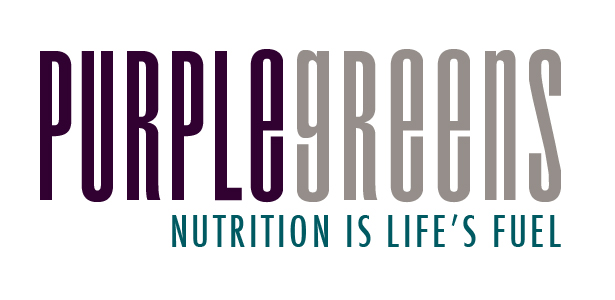Many associate electrolyte imbalances with heavy sweating, exercising during extreme heat or having the flu. However, did you know that over 90% of our us our deficient in potassium even without sweating or being sick? Potassium and sodium are the two big ‘electrolyte’ hitters. Deficiency in potassium can cause problems with maintaining hydration and glucose metabolism. Excessive sodium losses have been associated with fatigue and even kidney injuries.
Can a Low Carbohydrate Fuel Strategy Improve Performance?
For years athletes have tinkered with ways to manipulate fueling strategies for training adaptations and to maximize performance. There are a number of fueling strategies that claim to do just this. One of the newer training fueling strategies is to train-low; meaning train with low to no carbohydrates. Why you ask? Let’s take a look.
Poor Nutrition Increases Risk of Injury in High School Athletes
Are You Fueling Too Much?
Chocolate Milk as a Recovery Drink?
Chocolate milk has become a popular recovery drink for workouts and competitions. You see it at races and sporting competitions of different venues from Ironman races to 5k runs to volleyball tournaments.
So what’s behind the theory that makes everyone thinks this is a great drink and what’s wrong with this theory? A few years ago chocolate milk began to pick up head speed as a quick, convenient, good for you recovery drink. It’s been promoted by food manufactures as the right mix of carbs and proteins. Even though all of those statements may be true, chocolate milk is not a recovery drink and should not be promoted as such. This is why.
Elite Athletes Understanding the Importance of Vitamin D
Vitamin D is best known for its role in bone health. But did you know that vitamin D controls over a 1000 gene expressions and is powerful enough to reduce immune dysfunctions & inflammation, slow aging, and increase brain serotonin.
Read on to learn why pro and college teams are using vitamin D to prevent injuries and improve performance.
Is Your Nutrition Affecting Your Performance?
Training programs aren’t just about logging miles of swimming, running or biking, but it’s about getting you to the starting line conditioned and healthy. We tend to spend countless hours running, swimming and biking, but we fail to dedicate time to ensure that our nutrition plan matches our training plan






